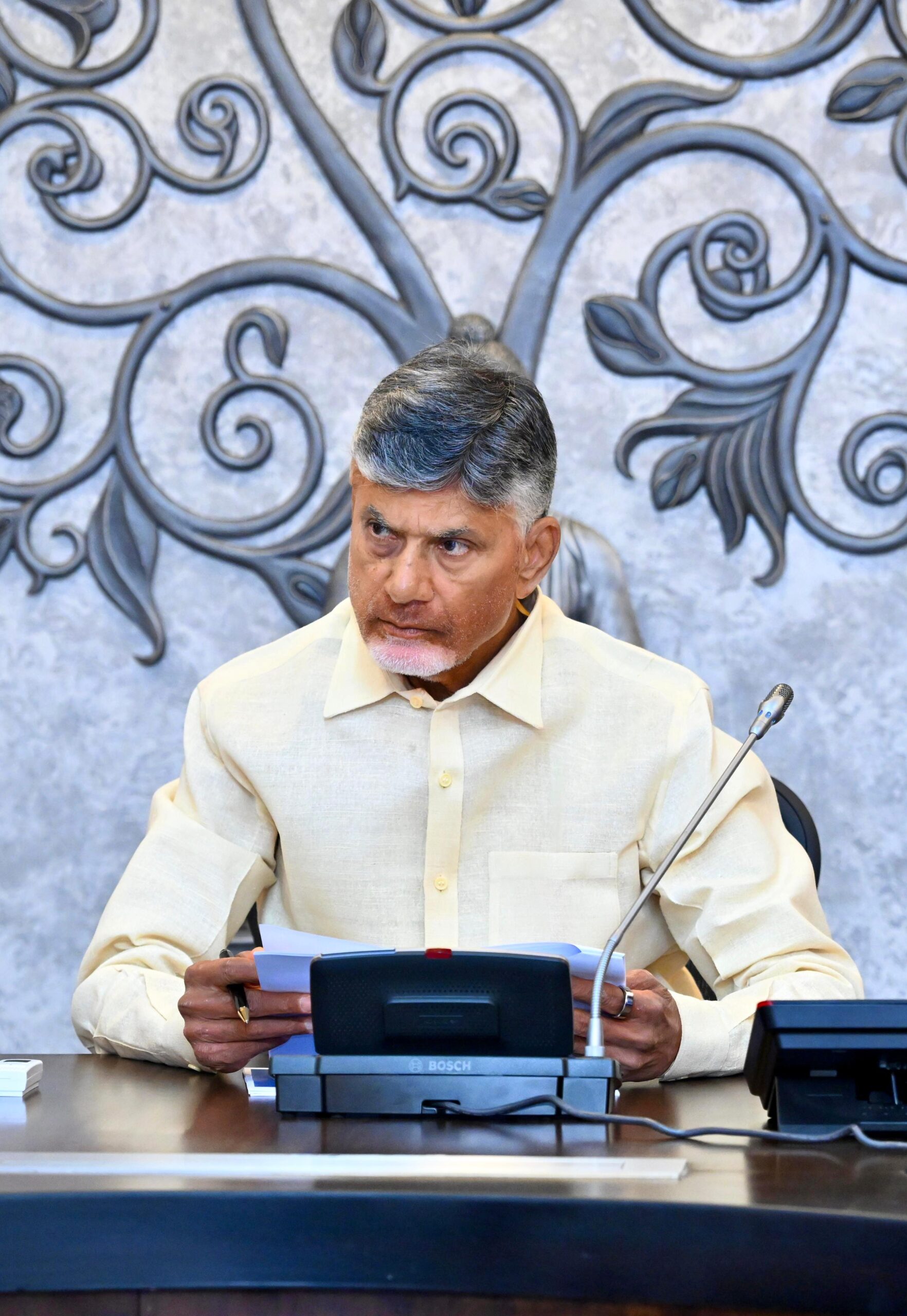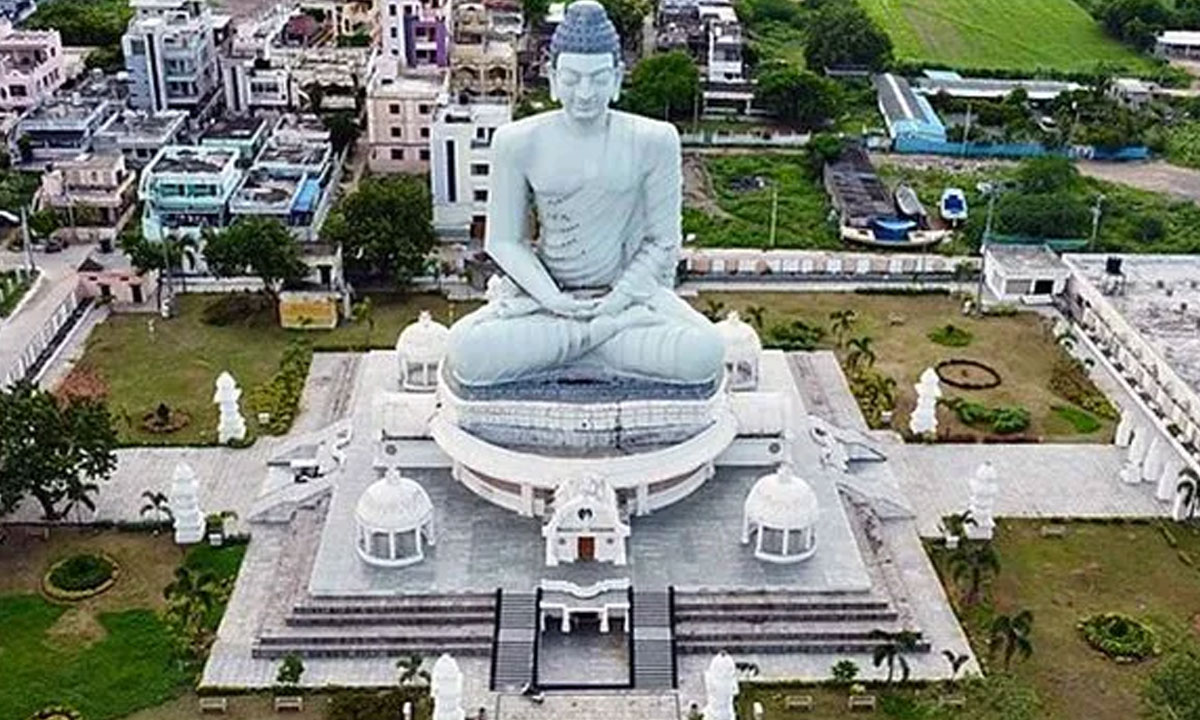The Andhra Pradesh Cabinet on Wednesday approved six policies that are expected to turn the state into an industrial powerhouse by attracting investments in various sectors.
The Cabinet meeting chaired by Chief Minister N. Chandrababu Naidu approved policies for industrial development, MSME & entrepreneur development Policy, food processing, electronics, private parks and, integrated clean energy.
He told the media after the meeting that it is a significant step towards fulfilling the promise of creating 20 lakh jobs in five years.
“These policies align with our vision to attract investment, create jobs, boost entrepreneurship, and lead in clean energy. Our major focus is employment generation and empowering the youth of Andhra Pradesh to think globally and act globally, with initiatives like one family, one entrepreneur,” Chandrababu Naidu said.
He claimed that these policies are an output of comprehensive consultations with industry veterans, benchmarking studies and alignment with election manifesto promises.
The Department of Industries formulated two anchor policies and three sectoral policies. Industrial policy is the anchor policy for all large and mega investments, while MEDP is the anchor policy for MSMEs.
Chandrababu Naidu recalled that between 2014 and 2019 when he was the chief minister, Andhra Pradesh key industries like Kia but during the last five years many industries shifted to other states.
“Today, we are reigniting the momentum by offering enabling ecosystem and competitive incentives to attract industries back to the state. All the policies are forward-looking, aiming to boost industrial growth by focusing on job creation, fostering entrepreneurship, addressing climate change, and ultimately generating wealth for the state,” he said.
The industrial policy has the target of attracting Rs 30 lakh crore in the manufacturing sector during the next five years. It aims to operationalize investments worth Rs 5 lakh crore during the policy period.
The policy has set the target of attracting Foreign Direct Investment of Rs 83,000 crore, and creating five lakh jobs in manufacturing sectors.
The government will develop over 175 sector and cluster-focused industrial parks. The policy also aimed to double exports to Rs 33,200 crore.
The government looks to capitalise on the demographic dividend for employment creation and develop a globally attractive manufacturing hub.
It will establish clusters in proximity to ports, for manufacturing products with export potential.
The government will attract Fortune 500 companies to the state.
Companies promising higher employment will be offered up to 10 per cent higher incentives. Companies focusing in reducing carbon footprint are incentivized with a de-carb subsidy of additional subsidy of up to 6 per cent FCI.
The first 200 approved proposals will receive an incentive of up to 60 per cent of FCI.
The government will invite private participation for the development and operation of industrial parks. There will be provisions for the development of industrial housing within 5 km radius of parks
It is also inviting industries to adopt ITIs for captive training and recruitment of skilled talent. There will be rationalising tariffs for water, power, layout approvals etc to reduce cost of production.
The MSME & Entrepreneur Development Policy aims to attract Rs 50,000 crore in the manufacturing sector. The target is to have 22 lakh units both in manufacturing and services.
The policy aims to create 5 lakh jobs in manufacturing sectors.
The government will establish Rata Tata Innovation Hub with headquarters at Amaravati having 5 Zonal Centres covering all regions of the state for entrepreneur development. Food Processing Policy aims at attracting investment of Rs 30,000 crore in the manufacturing sector.
The focus will be on MSME formalization with 3 lakh units. The employment creation target is 3 lakh jobs in the manufacturing sector.
The government will establish commodity boards for mango, banana and cashew.
The Electronics Manufacturing Policy aimed to attract Rs 84,000 crore investment from all electronic categories. It has set a target of 5 lakh jobs and a production value of Rs 4.2 lakh crore.
There will be 100 per cent reimbursement of net SGST for 5 years. The government will offer a power subsidy of Re 1 per unit.










